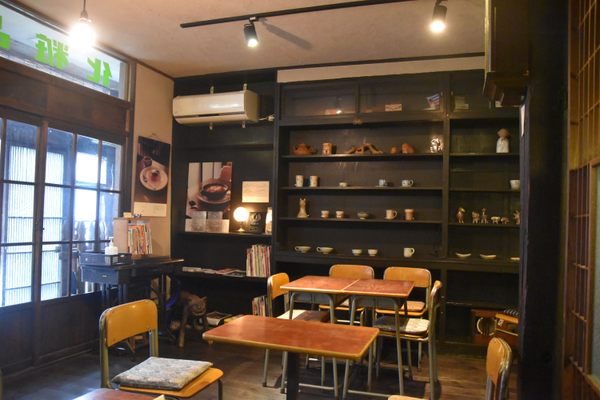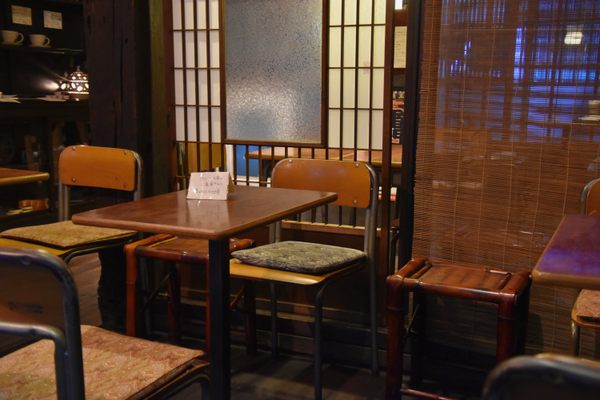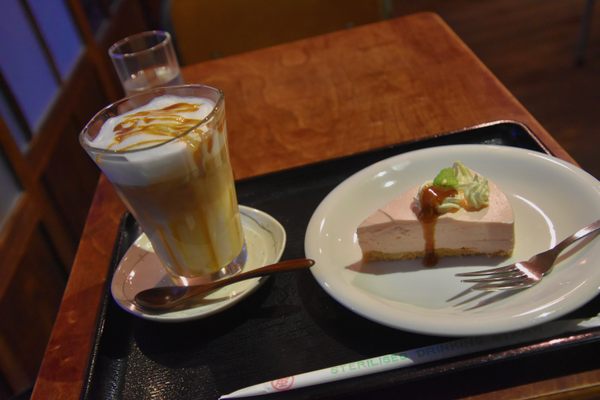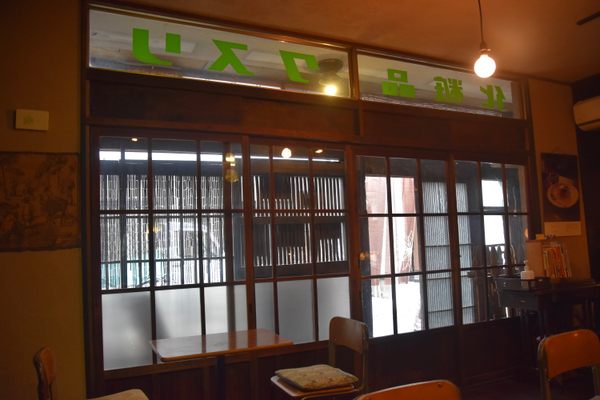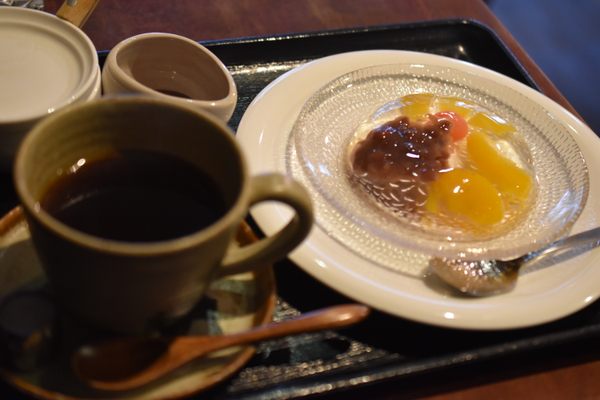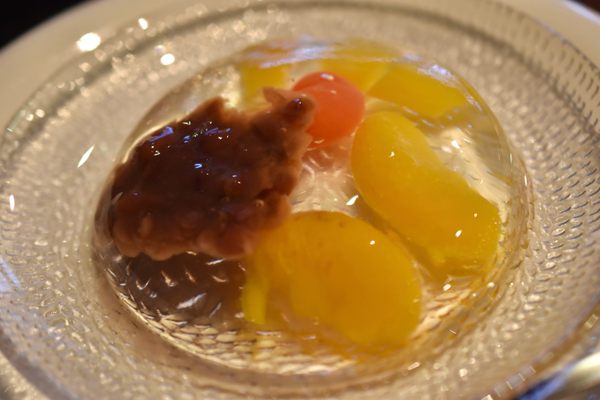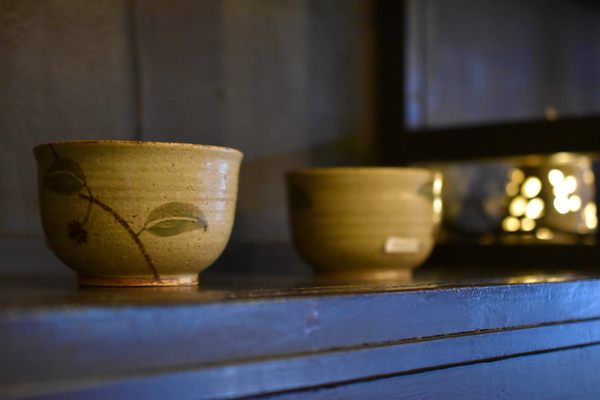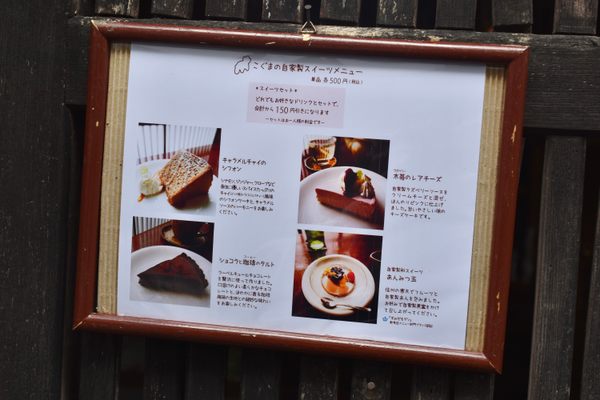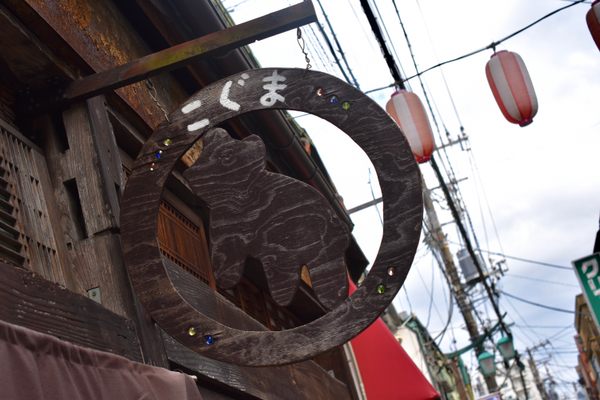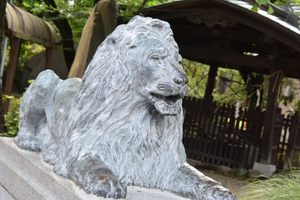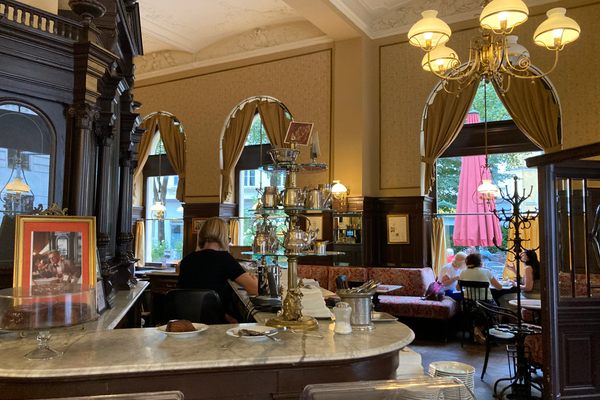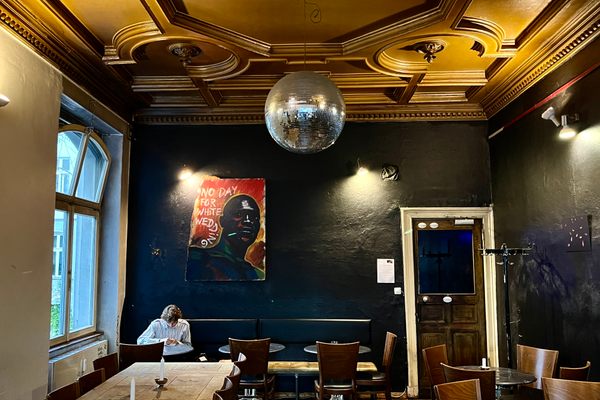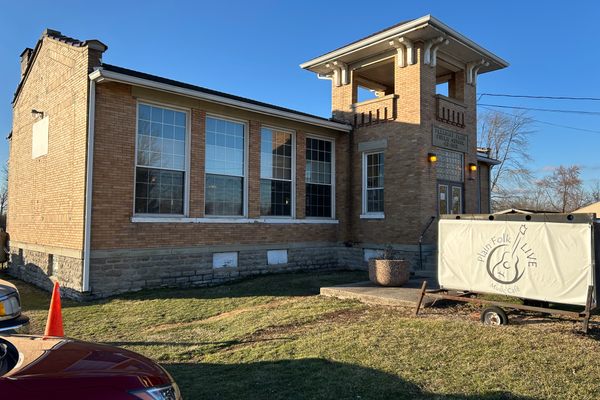About
“Kominka cafés” are a popular niche in 21st-century Japan, where decades-old houses often face demolition once they lose their owners. Historic as they are, these private homes are traditionally built on wood, without disaster-proof designs. So, unless they receive proper care, they are prone to collapsing any minute, and property developers consider them a pain in the neck.
Sometimes, such old buildings, or kominka in Japanese, are renovated and given a new life as warmly lit cafés. Koguma is one of such kominka cafés, located in the heart of a small-scale shopping street called Hato-no-Machi, or the Pigeon Town.
The pharmacy housing Koguma today was originally built in 1927, surviving the bombings of Tokyo during WWII. It closed down around the early 1980s and remained vacant for the following decades. When stage actress Akiko Yamanaka and her husband Masaya came to the Mukojima district in search of an old building to run a café in, the former pharmacy had been an antique shop for two years.
After a bit of negotiation, Yamanaka was allowed to renovate the building as a café, replacing the antique shop in 2006. Though the neighborhood did not take too kindly to them at first, thinking that the café wouldn’t last long, it warmed up eventually as Koguma stayed and came to be an unexpected icon of Hato-no-Machi’s rejuvenation project.
Much of the café’s retro interior retains the original design of the pharmacy, utilizing the apothecary shelves as gallery walls exhibiting local works of pottery art. Its tables are repurposed desks and chairs from local elementary schools, with children’s random graffiti still carved on them. It’s a nostalgic trip down memory lane for many Japanese visitors, as well as a rare experience for foreign tourists.
Initially, the café only served Chinese tea, but its menu expanded over the years in response to the local demands, including a number of lunch meals such as curry and ginger pork, homemade sweets, and of course, original blend coffee and lattes.
Koguma is especially well-known for its original dessert, anmitsu-dama. It’s an eye-pleasing agar jelly containing the ingredients of anmitsu, a traditional sweet that typically consists of red bean paste and fruits such as cherry, orange and peach, dressed with black syrup. The whimsical dessert has been certified “Sumida Modern” by the city, an honor given to creative yet traditional items in Sumida, alongside the oven-baked omurice.
Related Tags
Know Before You Go
The closest station is Hikifune, less than 10 minutes away; it can be also reached from Oshiage (Tokyo Skytree), which is about 15 minutes away by foot.
Hidden Japan: Sado Island, Nara & Kyoto
Explore a different side of Japan.
Book NowCommunity Contributors
Added By
Published
May 23, 2023
